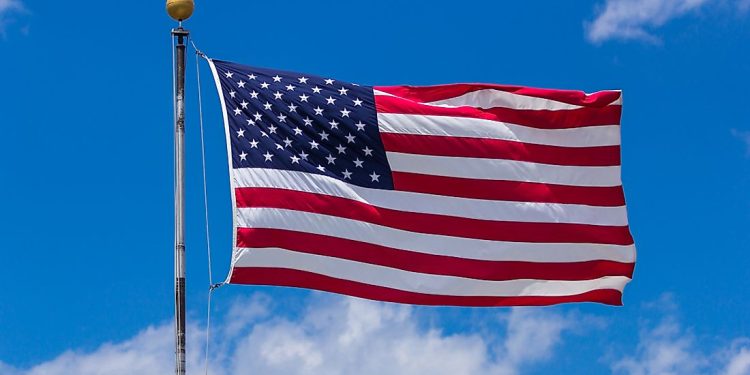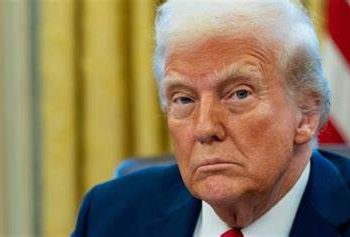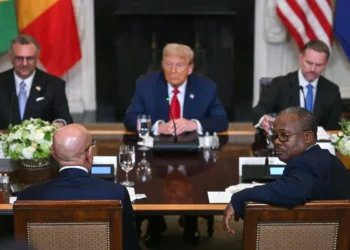A new legislative proposal in the United States threatens to add financial strain to millions of Nigerians abroad who regularly send money to family and dependents back home.
House Republicans have introduced draft legislation that would establish a 5% excise tax on international money transfers, potentially affecting billions of dollars in annual remittance flows to Nigeria.
The proposed measure would require senders of international money transfers to pay an additional 5% tax on all outbound remittances from the United States. According to the bill’s language, the tax burden would fall directly on individuals initiating these transfers, with quarterly collection mechanisms to be established by the US Treasury Department.
Recent data from Nigeria’s apex bank reveals the significance of these financial lifelines, with the country receiving approximately $4.22 billion through formal International Money Transfer Operators during the first ten months of 2024 alone. While comprehensive statistics on the precise proportion originating from the United States remain unavailable, financial analysts consider American-based transfers to constitute a substantial segment of these inflows.
The legislation does include certain exceptions. American citizens with verified status would be exempt from the tax burden and allowed to claim the amount as a credit on their tax returns. Similar provisions would apply to verified individuals utilizing authorized transfer service providers.
Financial experts suggest this policy initiative aligns with broader economic and immigration measures implemented during President Trump’s administration since his January reinauguration. The proposal emerges amid intensifying enforcement actions by US Immigration and Customs Enforcement, which earlier this year identified nearly two million undocumented immigrants for potential deportation proceedings.
The administration has simultaneously advanced efforts to eliminate birthright citizenship and taken more assertive trade positions against several nations, including Nigeria, which saw its exports subjected to a 14% tariff increase in March. This hard-line approach toward certain countries contrasts with recent developments in US-China relations, where diplomatic negotiations have yielded mutual tariff reductions following extended trade tensions.
For Nigerian families dependent on remittances from relatives in the United States, the proposed tax introduces additional uncertainty into financial planning. Economic policy analysts note that remittance flows represent crucial support mechanisms for numerous households across Nigeria, funding everything from daily living expenses to education costs and small business investments.
Banking sector representatives and diaspora advocacy groups have expressed concerns that the tax could potentially drive remittance activities toward informal channels rather than regulated financial institutions, complicating efforts to track and secure these important financial flows. Consumer protection advocates further worry about the cumulative effect on vulnerable communities already facing economic pressures both domestically and internationally.
As the bill progresses through congressional committees, Nigerian government officials and financial regulators are reportedly monitoring developments closely, recognizing the potential macroeconomic implications of any policy that might significantly alter remittance patterns to the country.

















